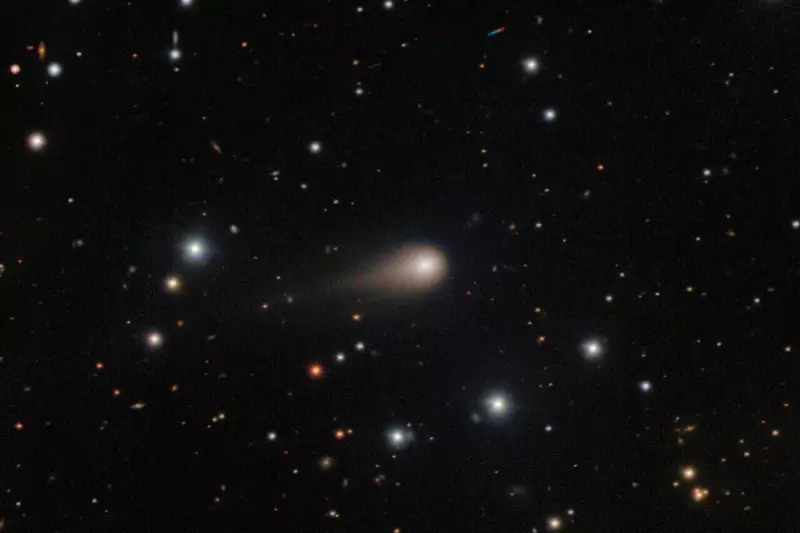
In a groundbreaking discovery that reshapes our understanding of Mars, NASA's Perseverance rover has confirmed its landing site, Jezero Crater, was once a vast, placid lake fed by a powerful river.
The findings, published in the journal Science, provide the most compelling evidence yet that the now-bone-dry basin harboured a deep body of water billions of years ago. This revelation significantly boosts the mission's primary goal: searching for signs of ancient microbial life.
A Landscape Sculpted by Water
Scientists have long suspected Jezero Crater was a lakebed, based on orbital imagery showing a clear delta formation—a fan-shaped structure where a river once deposited sediment. Perseverance's on-the-ground analysis has now irrefutably confirmed this theory.
The rover's meticulous examination of the crater's western edge, dubbed 'Kodiak butte', revealed distinct geological layers that could only have been formed by a river delta flowing into a large, quiet lake.
Evidence of Epic Floods
The research, led by teams from NASA and the University of Florida, uncovered a dramatic twist in the crater's history. The team discovered enormous boulders, some over a metre wide, nestled within the upper layers of the delta.
"These boulders are too large to have been moved by anything less than powerful, flood-like flows," explained a lead scientist. The evidence points to a cataclysmic shift in climate, where a once calm lake was later ravaged by late-stage, high-energy floods capable of carrying massive debris.
The Hunt for Ancient Life Continues
This watery past makes Jezero Crater the perfect hunting ground for biosignatures. Perseverance is now collecting pristine rock and soil samples from the crater floor, which future missions will aim to return to Earth.
"We have ideal conditions for organic matter to have been concentrated and preserved in these sediments," a mission specialist noted. "This is exactly the type of environment where life could have thrived."
The discovery marks a pivotal moment in planetary science, turning science fiction into tangible hope that we may soon answer one of humanity's oldest questions: were we ever alone in the universe?





